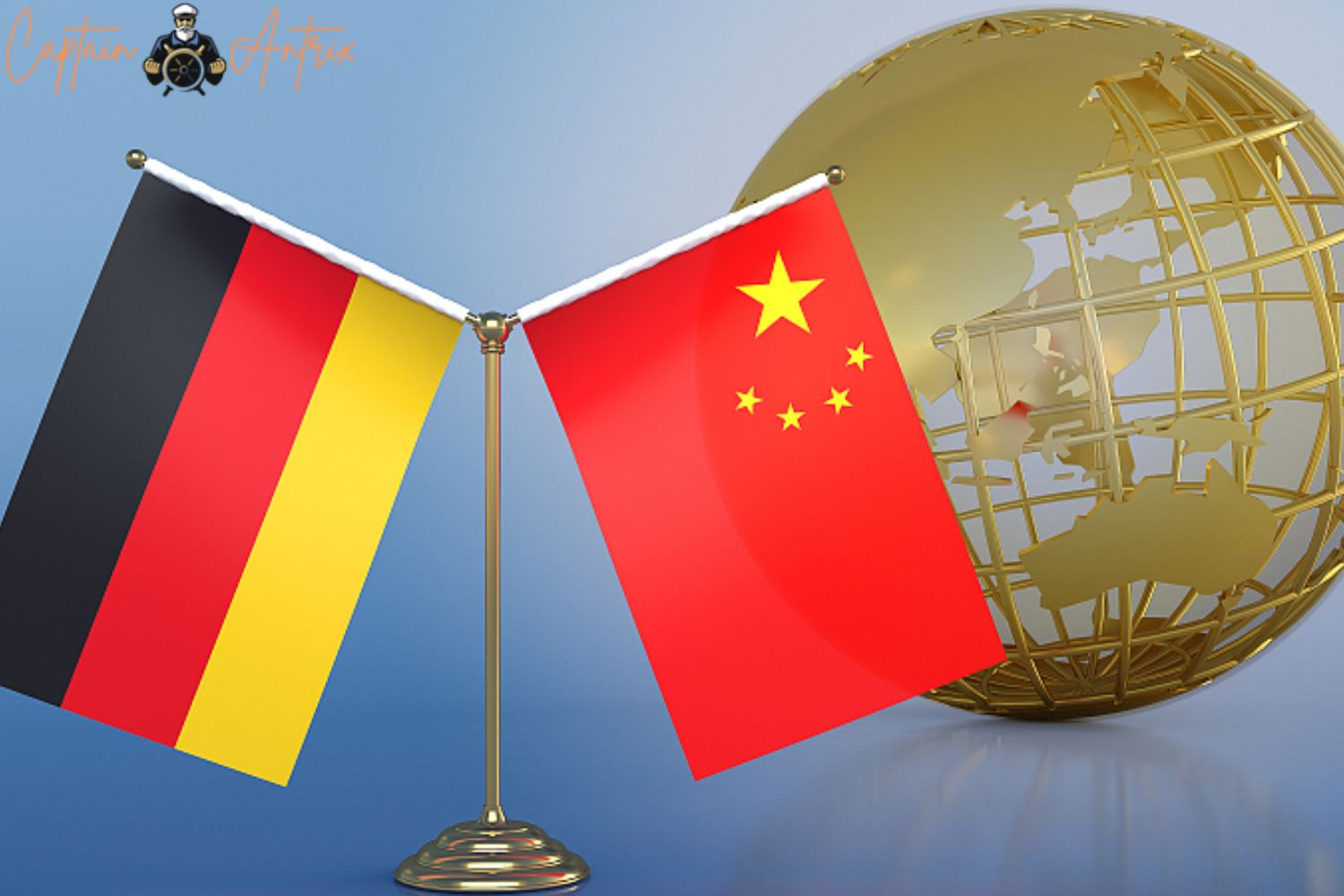
In a recent development that underscores Germany's commitment to safeguarding national security interests, the nation has taken a decisive step to prevent a complete Chinese takeover of a satellite startup. According to sources close to the matter, this move was made due to serious national security concerns. The decision was disclosed on Thursday, with AFP reporting on the matter. It comes as part of Germany's broader strategy to reduce its reliance on China and mitigate dependencies in various sectors.
The German technology company KLEO Connect has been ambitiously working towards establishing its own network of satellites in low Earth orbit. The primary goal of this endeavor is to provide internet connectivity to remote and underserved areas, thereby positioning itself as a potential competitor to SpaceX's Starlink project.
The significance of space telecommunications has been magnified by recent events, particularly in the context of the Ukraine war. Starlink, operated by Elon Musk's SpaceX, has emerged as a critical tool for Kyiv in the conflict.
Reports from German media indicate that Shanghai Spacecom Satellite Technology (SSST) holds approximately 53 percent of KLEO Connect and had intentions to acquire an additional 45 percent stake from the German firm EightyLeo. However, Berlin stepped in to thwart SSST's expansion plans after conducting a comprehensive investment review, which concluded that such a move could jeopardize public security.

KLEO Connect has yet to provide any official comments on the matter, and the country's economy ministry has chosen to remain silent as well.
This decision to block the Chinese takeover is the latest chapter in a long-standing struggle for control over KLEO Connect. Central to this tussle are frequency rights, which grant access to satellite spectrum and were registered in Liechtenstein several years ago, as reported by Die Welt newspaper.
This move aligns with a broader trend in Germany, where concerns over Chinese investments have been mounting. In the previous year, the German government intervened to prevent the sale of two chipmakers to Chinese investors, citing security concerns. Additionally, a proposed sale of a stake in the Hamburg port to a Chinese firm ignited a heated political dispute. Ultimately, Chancellor Olaf Scholz approved the acquisition but at a reduced size.
This latest decision by Germany underscores its unwavering commitment to national security and the careful scrutiny of foreign investments, particularly those involving critical technologies and infrastructure.
